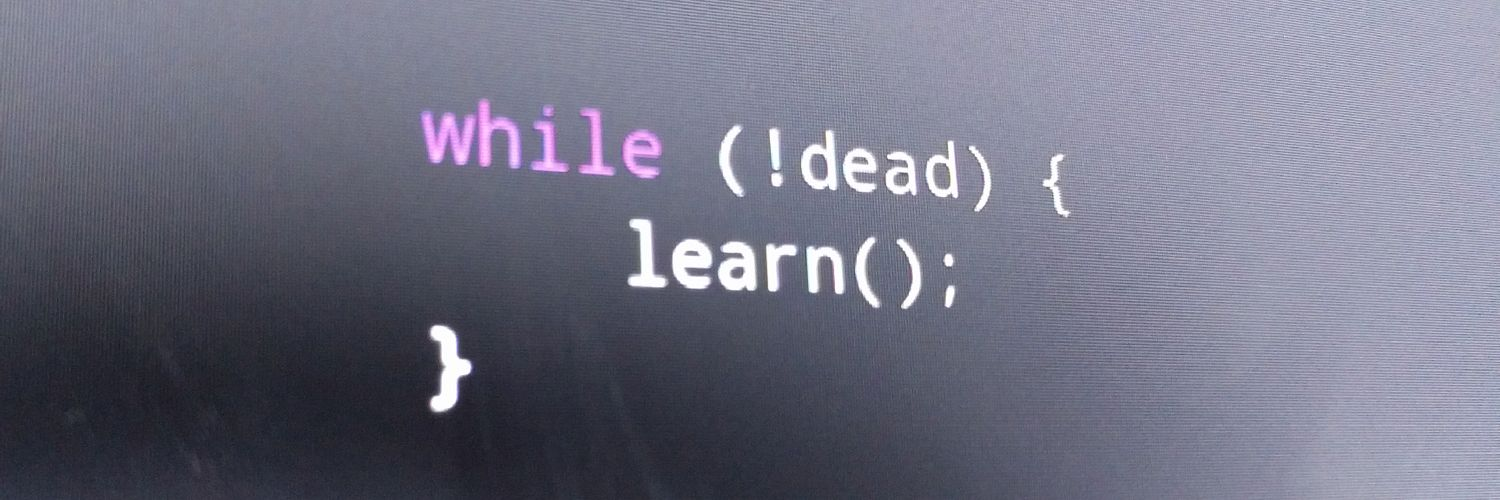Trust Those Who Come After
I have at times in my past been called a very "conservative" developer. I think that title fits in some ways. I don't like to do something unless I have some idea what the impact will be. I don't like to commit to a design until I have some idea whether it is "good" or not, or how it feels to consume the API or work within the framework.
And I used to believe very strongly in designing things such that they were hard to misuse. This was so important to me that I would even compromise ease of proper use if it meant that it would create a barrier of effort in the way of using something in a way that I considered "inappropriate".
I once built a fluent API for defining object graph projections in .NET. While designing the API, I spent a lot of time making sure there was only one way to use it, and you would know very quickly if you were doing something that I didn't plan for. Ideally, it wouldn't compile, but I would settle for it blowing up. I also took great care to ensure that you always had an graceful retrograde option when the framework couldn't do exactly what you needed. But that didn't matter.
Once the framework got into other peoples' hands I realized fairly quickly that all this care had been a tremendous waste of time. The framework was supposed to be a force multiplier for the build teams at my company, but what happened was very different. Because the API had to be used in a very particular way, developers were confused when they couldn't find the right sequence of commands. When what I considered to be the perfect structure didn't occur to them, they assumed their situation wasn't supported.
I gave my fellow developers a finicky tool that the practice leads told them it was fast and easy and they needed to use it. So when it wasn't clear how to do so, they just stopped and raised their hand, rather than doing what a developer is paid to do: solve problems. By trying to protect the other developers from themselves, I had actually taught them to be helpless. And the ones that didn't go that route just totally side-stepped or subverted the tools.
All this came about because I didn't trust the people who would use or maintain my software after I was gone. I thought I needed to make sure that it was hard or impossible to do what I considered to be unwise things. In reality all I did was remove degrees of freedom and discourage learning and problem solving.
We are developers. Our reason for being is to solve problems. Our mode of professional advancement is to solve harder, broader, more impactful problems. If I can't trust other developers at least to learn from painful design decisions, then why are they even in this business, and what business do I have trying to lead them?
